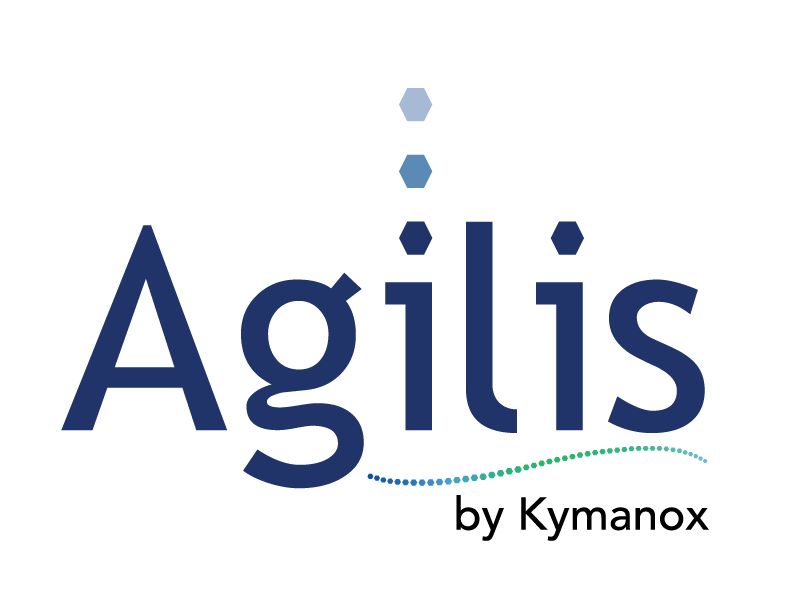HF Study Design: Industry Insight Into FDA Feedback
HF Study Design:
Industry Insight Into FDA Feedback
Recap from the 2023 HFES Healthcare Symposium in Orlando, Fl.
In March of this year, The Agilis team joined industry experts and our colleagues at Kymanox and anteris for the 2023 International Symposium on Human Factors and Ergonomics in Health Care, sponsored by the Human Factors and Ergonomics Society (HFES).
One session that we found to be particularly practical to everyday challenges in the field was titled “Cross-Industry Trends in FDA Feedback”, presented by a panel of HF consultants. In this newsletter we summarized some key takeaways and expert recommendations related to study design.
The FDA has indicated through past reviews that they do not want moderators of HF studies to reference a product ins IFU directly, or intentionally lead a participant to look at the IFU, as they consider this to be too “leading”. This begs the question though on how to ensure the participant has enough contextual information during a simulated use study where instructions for use are available. The panelists recommended some language that could be used in these situations to help add context without leading too much. Here are some examples:
“You can make use of the materials available to you.”
“You are not expected to rely on your memory.”
Ultimately though, feedback from the FDA seems to be focused more on the overall study design and the situational context within which the questions are asked of the participants as opposed to the specific wording of the questions themselves.
The FDA has indicated that (when expiration dates are applicable) participants should be observed finding an expiration date on a product and not asked directly about the expiration date, as this is considered “leading”. The panel’s recommendation here was to design this into the study as an observation, but to then have a backup, optional knowledge task question that is only asked if the initial observation is not clear.
As mentioned in a prior Agilis newsletter, about HFES, a current industry trend is that FDA feedback on comparative use studies is inconsistent. If you need to perform one of these studies, consider working with a professional statistician who can assist you with sample size justifications.
The FDA views self-selection as a critical task for over-the-counter products. Therefore, both intended and non-intended users should be included in study recruitment, and a self-selection task should be incorporated into the study design.
CDER and CDRH still have slightly different ways of defining critical tasks: CDER simply mentions “harm” in their definition, while CDRH mentions “serious harm”. Something to note here is that the most recent draft guidance[1] issued by CDRH defines serious harm as “includes both serious injury and death”. The panel noted that the field is waiting to see if and how this may affect the agency’s feedback regarding categorization of critical tasks.
In the ever-evolving healthcare landscape, ensuring the safety, efficacy, and usability of medical products is paramount. The experts at Agilis by Kymanox are ready to partner on any human factor related services including but not limited to comparative use studies, IFU evaluation or providing strategic advice.
If you are interested in some of the other takeaways from HFES then click here to view a previous newsletter. If you’d like to connect with us at a future event, you can find our event schedule here or contact us through email at Kymanox-Agilis-Inquiries@kymanox.com.
References:
“Content of Human Factors Information in Medical Device Marketing Submissions.” FDA Guidance, December 2022, https://www.fda.gov/regulatory-information/search-fda-guidance-documents/content-human-factors-information-medical-device-marketing-submissions.
About the Author:
Alex Kruzer, B.S
Alexandria (Alex) Kruzer is the Engineering Manager and a Human Factors Engineering Consultant with Agilis by Kymanox. Alex has a B.S. in Biomedical Engineering and over 9 years of experience working on the design and testing of software as a medical device, primarily in the medical imaging space. Prior to joining Agilis, Alex gained extensive experience as a Clinical Scientist working with clinicians in the Radiology, Nuclear Medicine, and Radiation Oncology fields.




